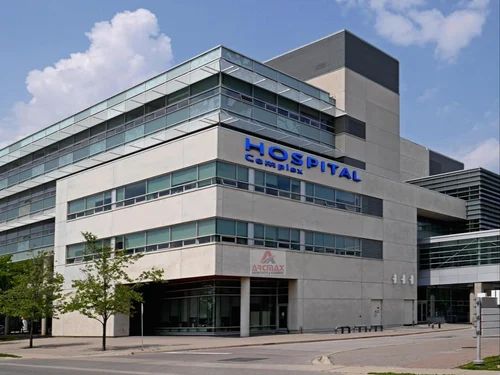In an emergency room in Lagos, a nurse frantically searches for a crucial IV drip, only to discover that the hospital’s supply has run dry. In another ward, a surgeon must postpone a life-saving operation because the necessary sterile gloves are unavailable.
These scenarios, unfortunately, are not isolated incidents but rather a grim reality for many hospitals across Nigeria. The shortage of medical supplies is a pervasive issue that significantly affects both patient outcomes and the morale of healthcare workers.
I will explore the root causes of these shortages and also explore their profound impacts on the Nigerian healthcare system.
Nigeria’s economy has faced numerous challenges, including fluctuating oil prices, inflation, and political instability. These economic factors directly affect the government’s ability to allocate sufficient funds to the healthcare sector. Inadequate funding results in hospitals struggling to procure essential medical supplies consistently.

Corruption within the healthcare system and government mismanagement exacerbate the problem. Funds earmarked for medical supplies are often siphoned off, leading to severe shortages.
Mismanagement also means that even when supplies are available, they might not be distributed efficiently to where they are needed most.
The logistical challenges in transporting medical supplies across Nigeria cannot be underestimated. Poor infrastructure, including bad roads and unreliable electricity, hampers the effective distribution of medical supplies.
The unavailability of essential medical supplies, such as antibiotics, vaccines, and surgical equipment, leads directly to increased mortality rates. Patients with treatable conditions are at a higher risk of complications or death due to the lack of necessary treatments.
When hospitals run out of critical supplies, they are forced to delay treatments and surgeries. These delays can lead to the progression of diseases, making them more difficult and costly to treat in the long run. For patients, this can mean prolonged suffering and a decreased chance of recovery.

The lack of medical supplies also means that the quality of care provided is substandard. Healthcare workers are forced to improvise or reuse supplies, increasing the risk of infections and other complications. This compromises the overall effectiveness of medical interventions.
Healthcare workers are at the frontline of this crisis, facing immense stress due to the constant pressure of providing care without adequate resources. This stress contributes to burnout, affecting their mental and physical health and leading to higher turnover rates among medical staff. Doctors and nurses often face ethical dilemmas when they cannot provide the necessary care due to supply shortages.
These situations create a sense of helplessness and job dissatisfaction, as healthcare professionals are unable to fulfill their duty to their patients.
The inefficiencies caused by supply shortages mean that healthcare workers spend more time searching for or improvising supplies rather than treating patients. This reduces the overall efficiency of the healthcare workforce, further straining the system.
The shortage of medical supplies in Nigerian hospitals is a multi-dimensional issue with severe consequences for patient outcomes and healthcare workers. Addressing this crisis requires a concerted effort to improve economic stability, tackle corruption, and enhance the efficiency of the supply chain.
Only through comprehensive and sustained reforms can Nigeria hope to provide the necessary medical care its population deserves and ensure that healthcare workers can perform their duties effectively and with dignity.




